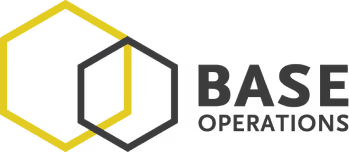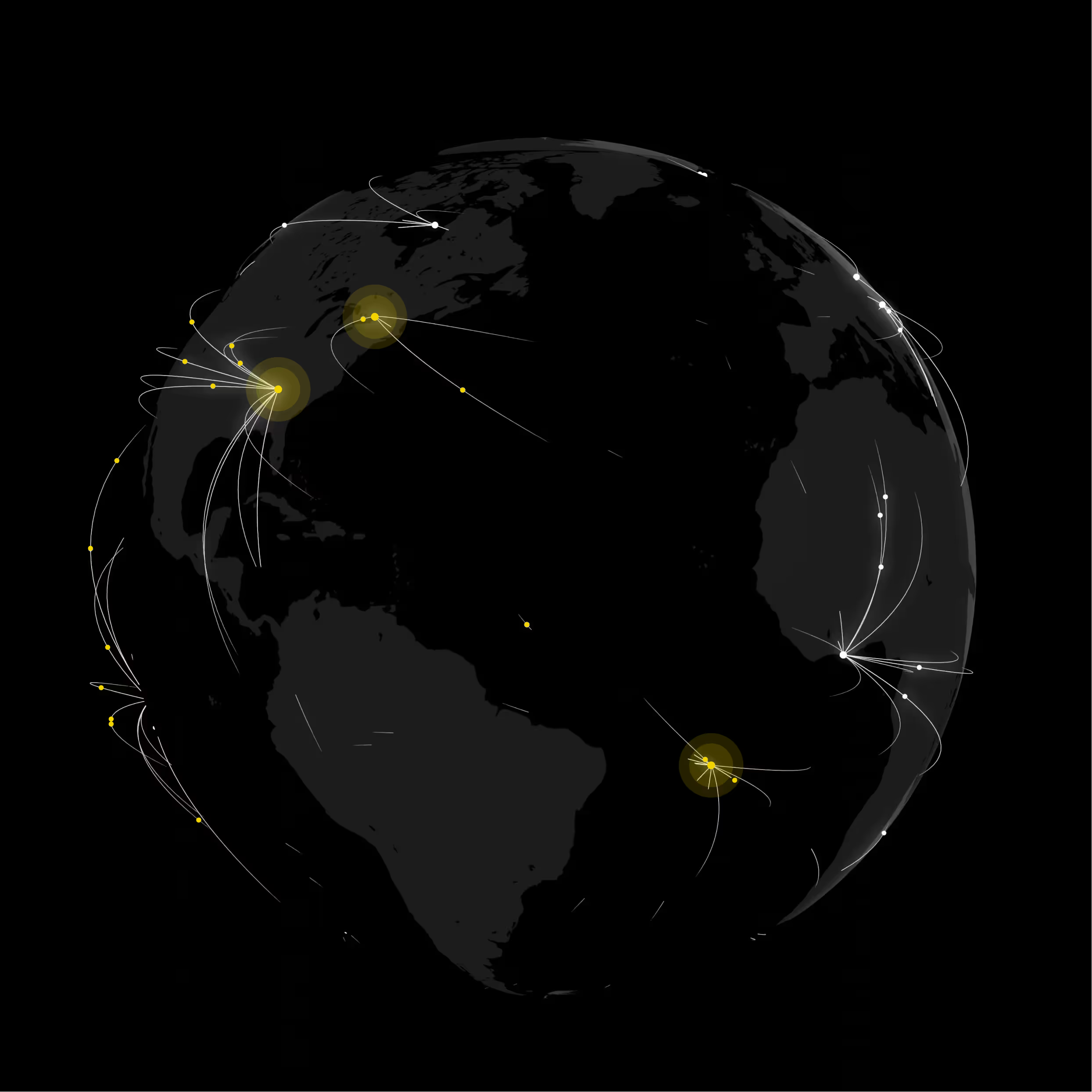
Get Street-Level Insights
Detroit, Michigan, USA, once the booming heart of the American automotive industry, has faced its share of challenges, including significant social and economic shifts. Contemporary history particularly paints a picture of a city rebounding from high crime rates that peaked during the late 20th century. In recent years, ongoing revitalization efforts have aimed at reducing the "crime in Detroit" and enhancing safety, yet the city still contends with issues relating to theft, assault, and other crimes. Nicknamed "Motor City" for its automotive heritage and "Motown" for its music legacy, Detroit is also known for its vibrant art scene and sports culture. Locals and visitors alike are drawn to its rich musical history, from the sounds of the legendary Motown Record Corporation to the birthplace of techno music. Demonstrations and protests have occurred over time, typically centered around social justice issues; these have been largely peaceful, especially when compared to the tumultuous riots of the 1960s.
Local Security Tips
- The Detroit Institute of Arts: Stay aware of your surroundings when visiting this cultural gem. Use the museum's secured parking and avoid displaying valuables.
- Comerica Park: When attending events, utilize the park's official parking facilities. Large crowds can attract pickpockets, so keep personal items secure.
- The Henry Ford Museum: Be mindful in the parking lot and try to visit during daylight hours. Lock your vehicle and keep any purchases out of sight.
- Belle Isle Park: Enjoy the natural beauty safely by staying in well-trafficked areas and not venturing out alone after dark.
Local Regulations
Firearm Policy
Detroit adheres to Michigan state laws regarding firearms. Concealed carry is permitted with a license, but firearms are not allowed in certain locations, including schools, churches, courts, theaters, sports arenas, and hospitals.
Public Drinking Policy
In Detroit, public drinking is illegal. Consuming alcohol is restricted to private properties or licensed public establishments. Open containers of alcohol are not permitted on public streets, and violators can face fines.
Emergency Contact Lists
Department for Non-Emergency Services
- Detroit Police Department: (313) 267-4600
Leading Hospitals
- Detroit Medical Center: (313) 745-3000
- Henry Ford Hospital: (313) 916-2600
- Harper University Hospital: (313) 745-8040
- Ascension St. John Hospital: (313) 343-4000

Make Data Driven Security Recommendations

Know the neighborhood
Boundary maps make it easy to see the varying risk profile of communities within a city.

Identify hotspots
Heat maps demonstrate specific areas where relevant activities are known to be concentrated.

Delve into the details
Drill down to the latitude longitude of individual events for maximum context informing security recommendations.












